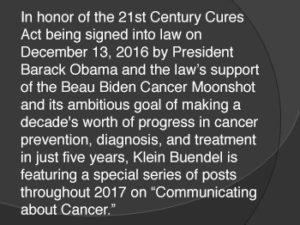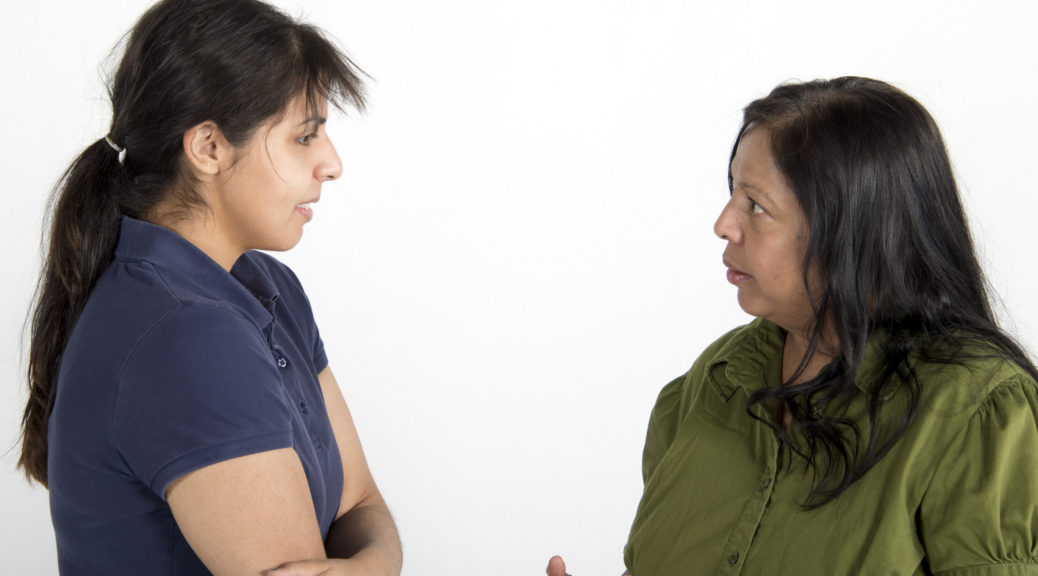Conflict Management: Part 2
Strategies for Resolving Conflict
Coping with cancer, either as a patient, family member, friend, or medical provider can be very difficult. Stress levels are higher. Everyone involved can have less patience and be more sensitive to problems and issues. Common situations that might normally blow over can explode into a major argument instead. If you experience a conflict with another person, experts suggest using the following strategies:
- Identify the cause of the conflict. Get to the root of the problem, and then deal with the cause. Sometimes small conflicts are really about larger issues.
- Listen attentively and speak in a way that you can be clearly understood. Consider how you express yourself and disagree with others. Does the tone of your voice become accusing, snide, rude? Do you cross your arms, roll your eyes? Do you get defensive? What kind of pronouns do you use? Experts recommend using “I” instead of “you” during a conflict. For example, you might say, “When this happens, I feel unloved” instead of “When you do this, you cause problems.”
- Try to understand the other person’s position or perspective. Be open-minded so that everyone involved can talk openly about their different views. Consider the issue from the other person’s point of view.
- Take responsibility. Do you always blame others for problems? Conflict is two-sided. What common ground can you find?
- Set goals on which everyone can agree. Try not to dwell too much on what’s passed. Instead, focus on how to best move forward and what can be accomplished in the future.
Experts also recommend developing a plan for handling conflict in situations where disagreements might surface. For example, family gatherings during the holidays can be stressful. Think about how you might handle issues that come up. Or perhaps your hair has started falling out. People are bound to stare, ask questions, or make insensitive comments. How will you respond? Or, on the flip side, you know someone with cancer who is losing their hair. What should you say?
Settling conflicts requires communication that is respectful and empathetic. It helps if there is trust in the relationship. Also, a certain amount of self-disclosure might be necessary.

This research project was funded by a grant from the National Cancer Institute (CA144235; Dr. Wayne Beach, San Diego State University, Principal Investigator). Co-investigators included Dr. David Dozier from San Diego State University, and Mary Buller, Dr. Valerie Myers, and Dr. David Buller from Klein Buendel, Inc.
